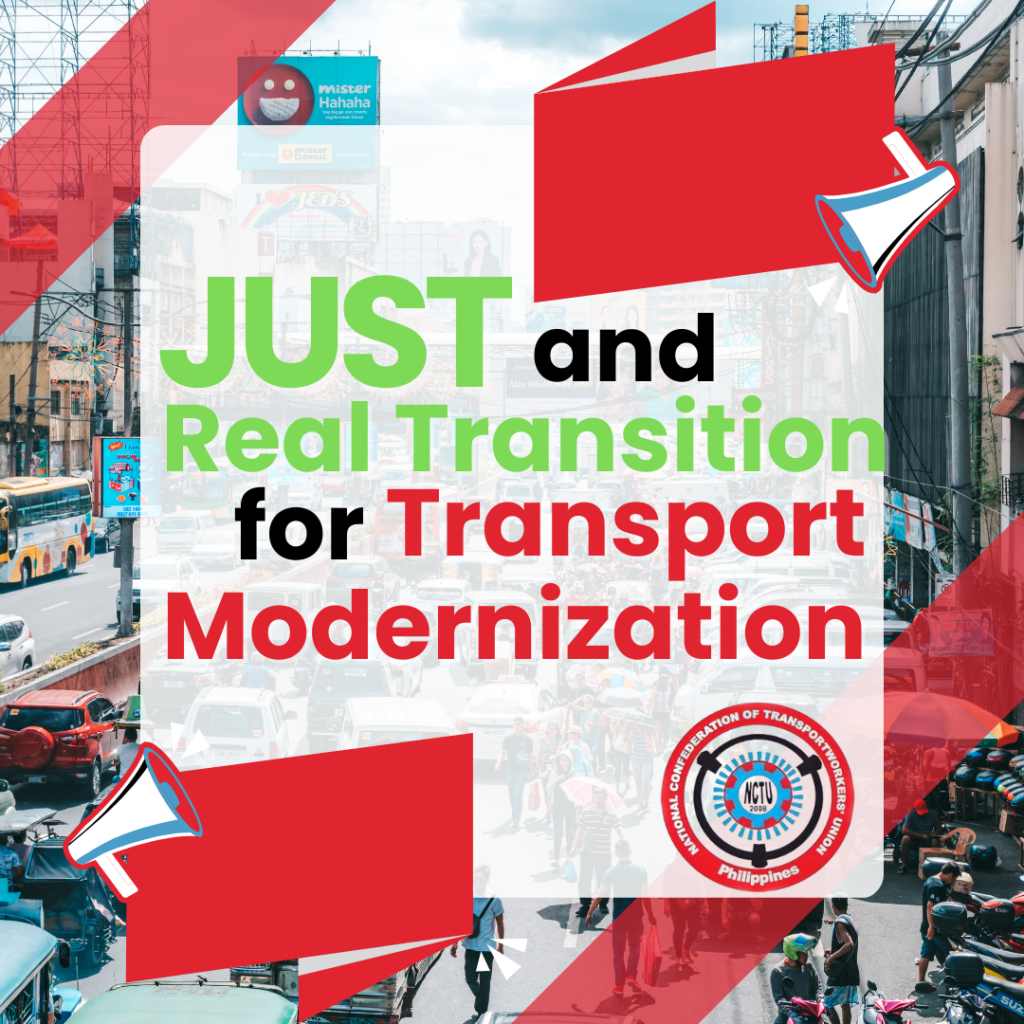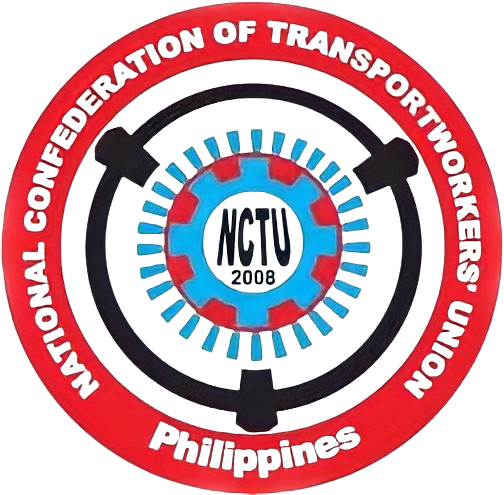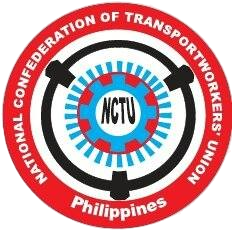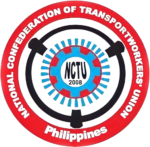We Need a Just Transition, Not a Wasted Program – NCTU Statement on the Government’s PUV Modernization Program.
Mobility is one of the most important facets of life. The ability to move people and things quickly, efficiently, and safely is an essential social service and indispensable requirement for economic prosperity. To neglect public transportation is to deny millions of people the right to a safe and dignified life. It is also a structural disadvantage that stunts economic development.

The Philippine government today is faced with the monumental task of providing the modern transportation infrastructure required by the Filipino people. This is a social question that requires the serious and active participation of government, transport workers, and commuters.
The National Confederation of Transport Workers’ Unions – SENTRO (NCTU – SENTRO) demands a clear direction for the government’s PUV modernization program (PUVMP) to respond to the collective grievances of drivers, operators, and the commuting public. The series of transport strikes by the remaining traditional jeepneys points to a glaring problem: What is the plan for transport? Especially for jeepney modernization? The NCTU believes that “modernization” does not have to mean the loss of livelihood for the thousands of unconsolidated drivers and operators. Furthermore, the NCTU expresses particular concern for the vast majority of jeepney drivers and operators that have already transitioned into transport cooperatives.
With 76% of UVs and PUJs already consolidated into transport cooperatives and corporations, how do we convince the public to support the PUVMP if those that complied with the program are struggling with so many issues in its implementation? We strongly believe that the LTFRB and DOTr must implement sound policies and responses to address these challenges.
First, since 2020, more than 50% of the consolidated drivers and operators still have pending bank loans for the E-Jeeps. Cooperatives can’t access financing for new jeepney models given the absence of approved Land Public Transport Route Plans (LPTRP). The government must improve the process for providing Alternative Certificates in place of the LPTRP to facilitate access to adequate financing.
Second, important reforms such as the implementation of a permanent service contracting program need to be provided to create an enabling environment for our transport cooperatives. The existing subsidies provided for the new jeepney models must also be increased. Given the pressures owing to high oil prices and loan repayments, such forms of government support are crucial to the survival and expansion of PUVMP’s potential gains.
Finally, the government must expand the initiative for developing E-Jeepneys in the country. This involves serious support for manufacturing, as well as laying down the infrastructure needed to make the switch away from fossil fuels in transport. We need long-term funding for establishing solar powered charging stations for eco-PUVs, starting with pilot areas in key cities. As always, the process must be based on the principles of just transition — transport workers must be at the center of the formulation and implementation of the PUVMP.
Without serious government support for PUVMP and the broader push for transport modernization, the Philippines risk getting stuck with an expensive, inefficient, and dangerous transport system. The NCTU firmly believes that any social service, especially public transport, needs strong government support and oversight.


